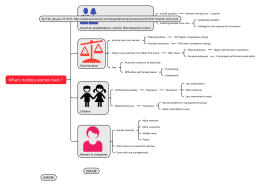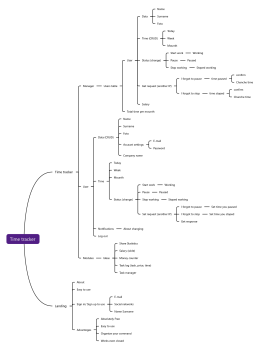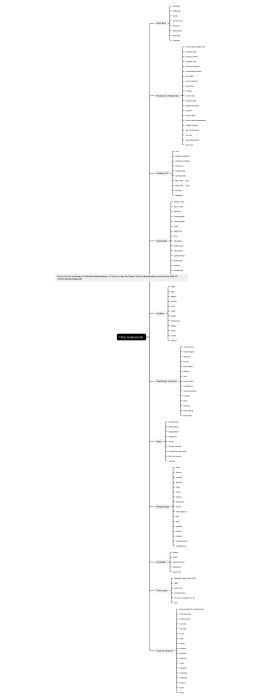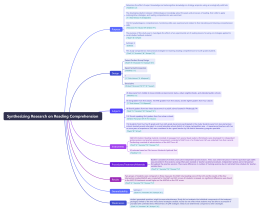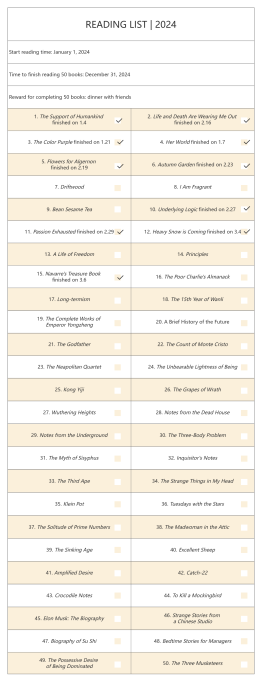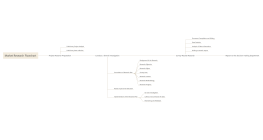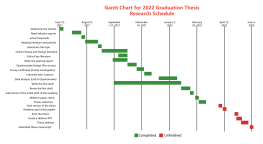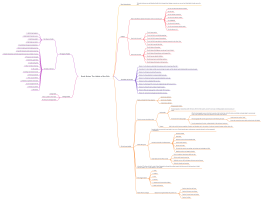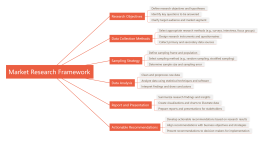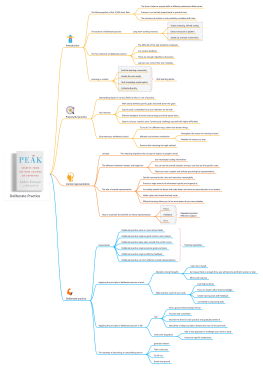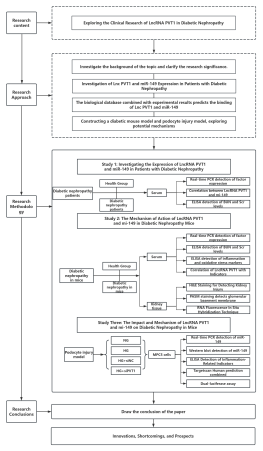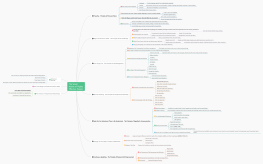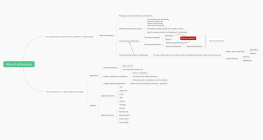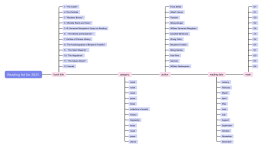Synthesizing Research on Reading Comprehension
2024-08-07 08:05:40 146 0 Report 0
0
Login to view full content
Other creations by the author
Outline/Content
Purpose
Determine the effect of expert knowledge and metacognitive knowledge on strategy acquision using an ecologically valid task.
The developing relation between children's knowledge about the goals and processes of reading, their skills to apply metacognitive strategies, and reading comprehension was examined.
132 first graders' comprehension-monitoring skills were examined and related to their decoding and listening-comprehension skills.
The purpose of this study was to investigate the effects of an experimental set of reading lessons focusing on strategies applied to social studies textbook material.
Subtopic 6
This study compared two instructional strategies for teaching reading comprehension to fourth grade students.
Design
Pretest-Posttest Group Design
Experimental/Comparative
?
Descriptive
Subjects
45 boys were from middle to lower-middle socioeconomic status, urban neighborhoods, and attended public schools
93 3rd graders from five classes, 105 fifth graders from five classes, and 83 eighth graders from four classes
48 fourth graders from two intact classrooms in a public school located in Pittsburgh, PA
132 Finnish speaking first graders from four urban schools
150 students from four fourth grade and four sixth grade classrooms participated in the study. Students were from two elementary schools located several miles apart in a small suburban school district of a large metropolitan area + 8 experienced teachers with ten or more years of experience. Each was considered to be a good teacher by the district elementary program specialist.
Instruments
QAR information; Reading material consisted of passages from several basal readers; Worksheets were developed for independent probe sessions and practice sessions; Assessments consisted of MAT Form L for Pretest and CAT was collected from their records. Posttesting consisted of administration of the MAT Form M.
IQ estimate based on Otis Lennon Scholastic Aptitude Test
Procedures/Treatment/Materials
Baseline consisted of several consecutive independent probe sessions. Then, class wide instruction in the first question type (QAR) was presented in five sessions using either peer-assisted or teacher-assisted procedures. Independent probes were interspersed throughout the practice sessions. There were differences in number of training sessions due to restricted time schedule for teacher-assisted class.
Results
Two groups of students were compared on three measures: the MAT, total reading score of the CAT; and the results of the four intervention probes;ANOVA was conducted for the MAT and CAT scores; All students increased, no significant differences were found in the MAT; PA treatment scored higher on the ANOVA on the CAT scores
Generalizability
Subtopic 1
Weaknesses
student generated questions might increase attentiveness; Study did not evaluate the individual components of the treatment packages; limited to the two instructional strategies studied; results do not reflect what students may be able to accomplish if provided with unlimited time; effectiveness of QAR strategies needs to be determined compared to other strategies.
0 Comments
Next page
Recommended for you
More

